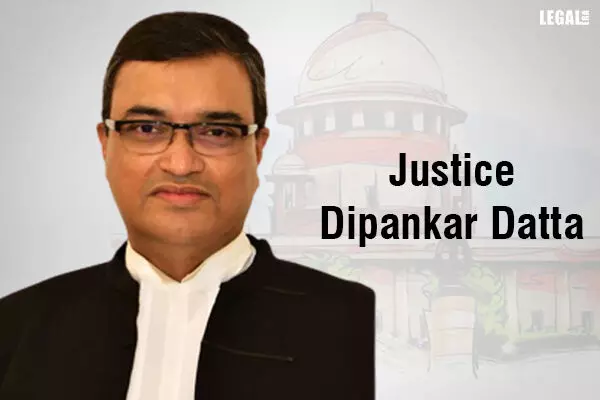- Home
- News
- Articles+
- Aerospace
- Agriculture
- Alternate Dispute Resolution
- Banking and Finance
- Bankruptcy
- Book Review
- Bribery & Corruption
- Commercial Litigation
- Competition Law
- Conference Reports
- Consumer Products
- Contract
- Corporate Governance
- Corporate Law
- Covid-19
- Cryptocurrency
- Cybersecurity
- Data Protection
- Defence
- Digital Economy
- E-commerce
- Employment Law
- Energy and Natural Resources
- Entertainment and Sports Law
- Environmental Law
- FDI
- Food and Beverage
- Health Care
- IBC Diaries
- Insurance Law
- Intellectual Property
- International Law
- Know the Law
- Labour Laws
- Litigation
- Litigation Funding
- Manufacturing
- Mergers & Acquisitions
- NFTs
- Privacy
- Private Equity
- Project Finance
- Real Estate
- Risk and Compliance
- Technology Media and Telecom
- Tributes
- Zoom In
- Take On Board
- In Focus
- Law & Policy and Regulation
- IP & Tech Era
- Viewpoint
- Arbitration & Mediation
- Tax
- Student Corner
- AI
- ESG
- Gaming
- Inclusion & Diversity
- Law Firms
- In-House
- Rankings
- E-Magazine
- Legal Era TV
- Events
- News
- Articles
- Aerospace
- Agriculture
- Alternate Dispute Resolution
- Banking and Finance
- Bankruptcy
- Book Review
- Bribery & Corruption
- Commercial Litigation
- Competition Law
- Conference Reports
- Consumer Products
- Contract
- Corporate Governance
- Corporate Law
- Covid-19
- Cryptocurrency
- Cybersecurity
- Data Protection
- Defence
- Digital Economy
- E-commerce
- Employment Law
- Energy and Natural Resources
- Entertainment and Sports Law
- Environmental Law
- FDI
- Food and Beverage
- Health Care
- IBC Diaries
- Insurance Law
- Intellectual Property
- International Law
- Know the Law
- Labour Laws
- Litigation
- Litigation Funding
- Manufacturing
- Mergers & Acquisitions
- NFTs
- Privacy
- Private Equity
- Project Finance
- Real Estate
- Risk and Compliance
- Technology Media and Telecom
- Tributes
- Zoom In
- Take On Board
- In Focus
- Law & Policy and Regulation
- IP & Tech Era
- Viewpoint
- Arbitration & Mediation
- Tax
- Student Corner
- AI
- ESG
- Gaming
- Inclusion & Diversity
- Law Firms
- In-House
- Rankings
- E-Magazine
- Legal Era TV
- Events
Justice Dipankar Datta sworn in as Supreme Court judge

Justice Dipankar Datta sworn in as Supreme Court judge
Out of a total judicial sanctioned strength of 34, the number has now reached 28
Justice Dipankar Datta has been sworn in as judge of the Supreme Court by Chief Justice of India DY Chandrachud. Justice Datta was until now the Chief Justice of the Bombay High Court.
His name was recommended by a Supreme Court Collegium led by Justice UU Lalit. He will have a nearly eight-year tenure in the top court until he retires at the age of 65 in February 2030.
The Department of Justice in the Union Law Ministry issued a notification announcing the appointment.
The notification read, "In exercise of the powers conferred by Clause (2) of Article 124 of the Constitution of India, the President is pleased to appoint Justice Dipankar Datta, Chief Justice of the Bombay High Court, to be a judge of the Supreme Court of India with effect from the date he assumes charge of his office."
Another notification issued by the ministry said that Justice Sanjay Vijaykumar Gangapurwala, the senior-most judge in the Bombay High Court will be the acting Chief Justice after Justice Datta relinquishes his charge.
The pendency of Justice Datta's file with the government for over two months had been a source of consternation for both the apex court and the lawyers' community.
Born in February 1965 to former Calcutta High Court judge Justice Salil Kumar Datta, he obtained his LL.B. degree in 1989 from the University of Calcutta and immediately after, enrolled as an advocate.
Justice Datta was elevated to the bench of the Calcutta High Court as a permanent judge in 2006. He was made the Chief Justice of the Bombay High Court in 2020. He has primarily practiced in the Supreme Court and high courts in constitutional and civil matters.



